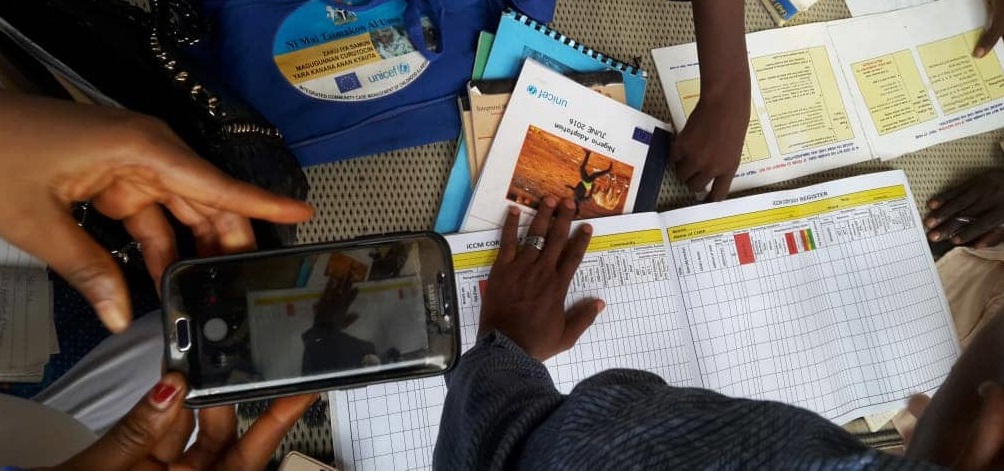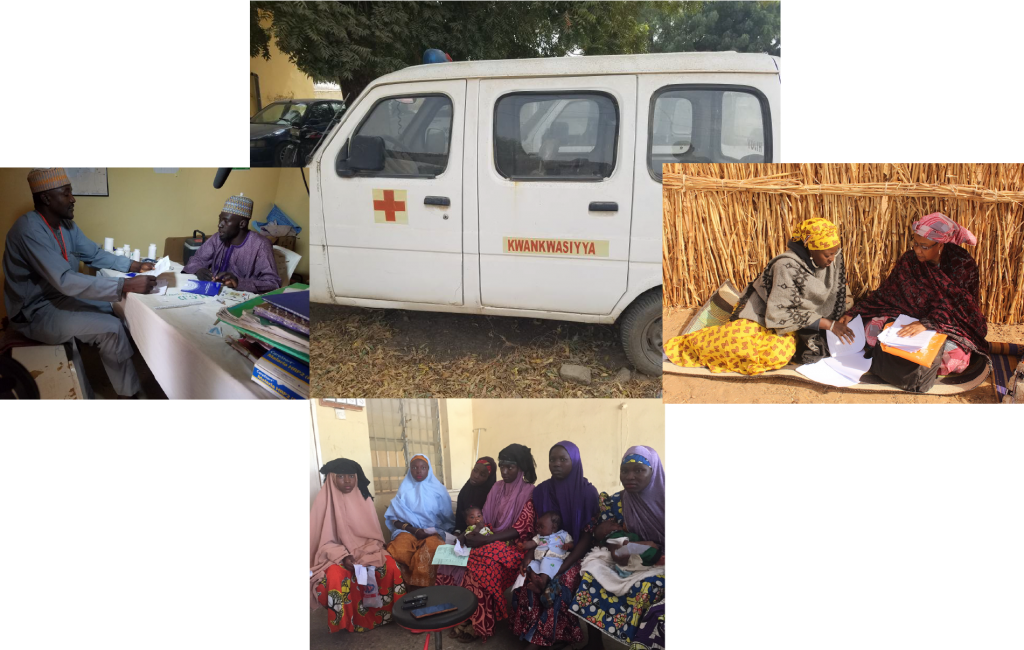Core Areas

Data Collection
Akena Research provides data collection and verification services, including the development of appropriate methodologies, for needs assessments, impact surveys and monitoring and evaluation. We directly conduct and/or support data collection activities, including assessments and surveys, employing both mobile and remote data collection. We also provide controlled access, based on the security and confidentiality needs associated with the information.
Data Analysis
We provide both quantitative and qualitative analysis, including spatial and statistical analysis, customized to meet the end information needs. Akena Research shares information and information products through the development and dissemination of reports and infographic products.
Infographics and Mapping
We provide data visualization services through infographics and mapping. The Akena Research infographics team uses effective visual representations to translate complex data into straight-forward intelligible information for an audience of specialists and non-specialists.
Database Management
We employ appropriate database technology customized to each client to ensure sustainable data storage, sharing and maintenance. This facilitates ease of data collection, verification, analysis, reporting and sharing. Akena Research disseminates data and information, and/or provides controlled access, based on the security and confidentiality needs associated with the project.
Training and Monitoring
We offer training to support specific needs and interests including data management, assessment and survey, as well as specific tool and service- focused modules. Trainings are customized for various levels of experience and expertise. Core Information Management Training sessions are available to provide general skills and knowledge of information management.
Finished Projects

Caramal Project
An estimated 120 million malaria cases occur each year and Nigeria contributes a quarter of the total malaria morbidity and mortality burden. In a study conducted with over 6,000 children in Africa seeking treatment for suspected severe malaria at the community level, 22% were still not at a health facility after more than 15 hours.
The CARAMAL PROJECT will generate evidence on the feasibility of achieving mortality reductions by delivering quality assured rectal artesunate through established integrated community case management (iCCM) platforms using only minimal additional supportive interventions such as improvements to referral systems and networks.

Quality Of Care
Understanding women’s perceptions of quality of care and responding to these in the way health services are delivered can greatly increase women’s use of such services. There is little known information about current or potential service users’ expectations, experiences and perceptions of quality of care, nor the extent to which such perceptions influence women’s choices during family planning, pregnancy, delivery, post-delivery and early childhood.
An operational research was conducted in Kano and Yobe states. The objective was to obtain deeper insight into the qualitative aspects of the perception of quality of care. The research aimed to understand the perceptions of the service provider and of the clients coming to seek Maternal, New-born, and Child Health (MNCH) services at high and low volume health facilities.
